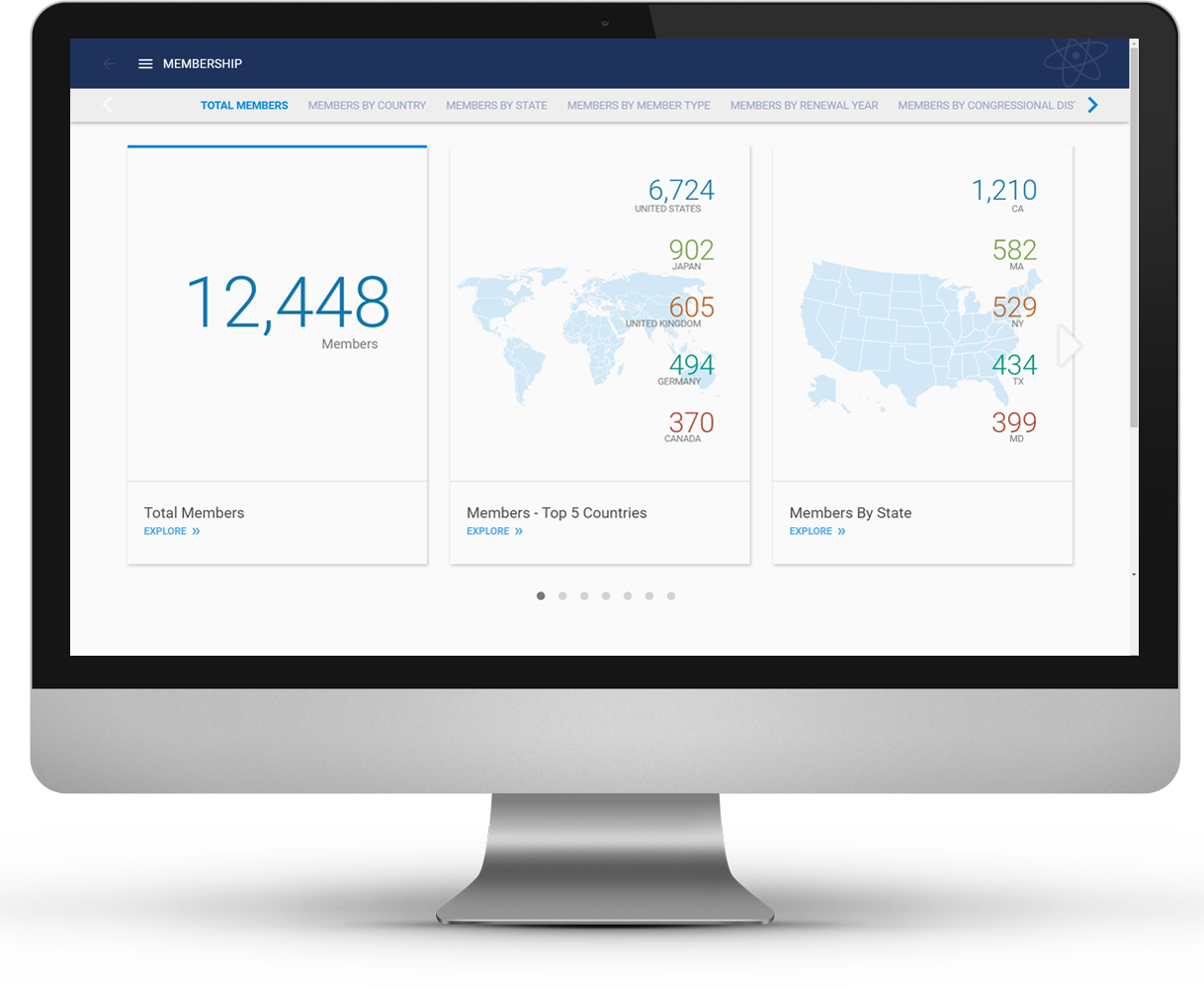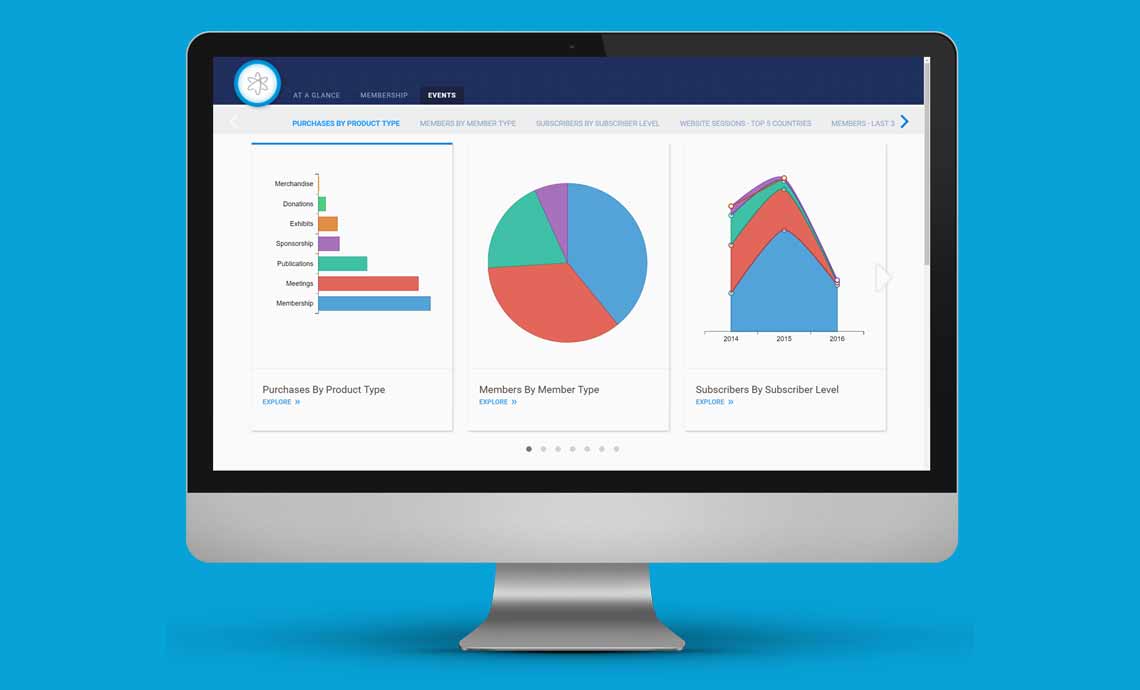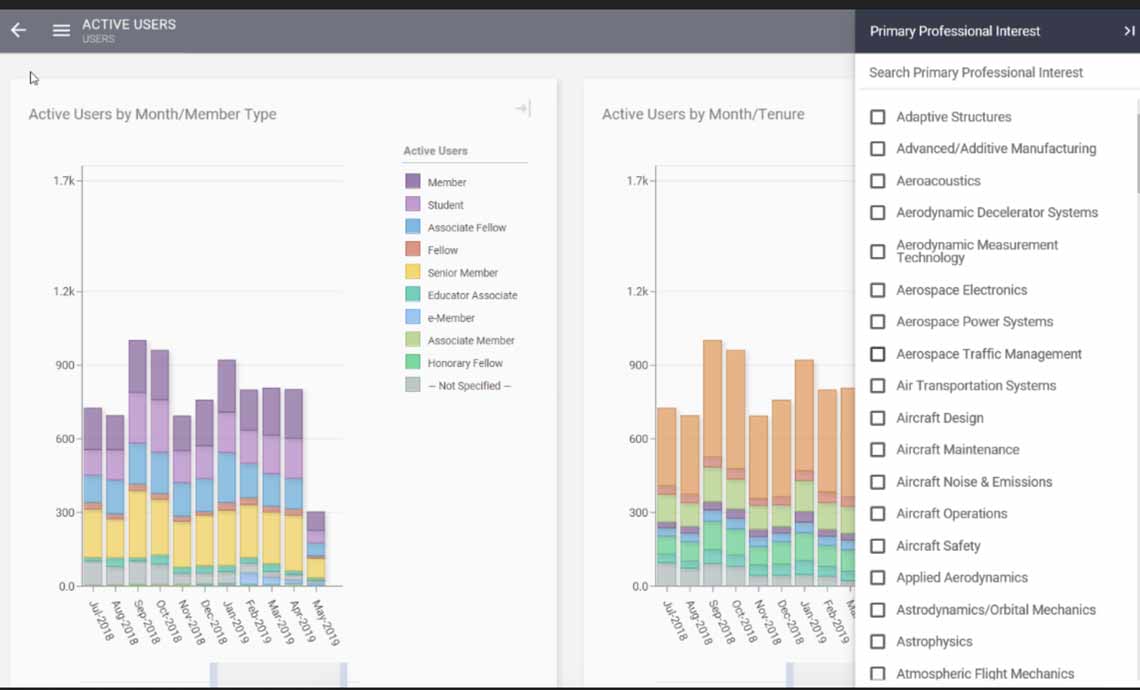We know that making decisions based on facts is powerful. But even with the best analytics strategy, any organization’s efforts will be unsuccessful without a supportive data culture.
So what is a data culture and why should everyone be talking about it? According to Cognizant, data culture, put simply, is “an organization that bases decisions on data, not gut instinct.” The impact of a data culture spans across all aspects of an organization.
As simple as it sounds, a data culture doesn’t form on its own. Neither does it form overnight. While a data culture can form organically, it does require forethought. So what’s the benefit and why is it worth the effort?
Clarity of organizational purpose
A data culture embraces setting and tracking goals. By showing transparency into those goals, a staff better understands and feels empowered to accomplish organizational objectives. Clarity and insight into organizational and departmental goals incentivizes employees to work harder, contribute more, and feel generally more invested in the organization.
Data creates a common language by which progress is understood, and teams are working toward the same achievements. It gives the organization a unified vision, increases teamwork, and builds stronger relationships.
Data can be unifying, from trying to achieve one more registrant to the celebration of having achieved a quarterly membership renewal rate. By setting and transparently tracking goals, organizations strengthen their mission and culture.
Single source of truth
Information Week defines single source of truth as “one source [of data] that everyone in a company agrees is the real, trusted number for some operating data.”
The first step in having a successful data culture is ensuring everyone in your organization can use the same data when making business decisions. The impact of this is enormous. A single source of truth:
- Eliminates the conflict that arises from pulling similar – but different – data sets from different software.
- Removes the interpersonal element and relies on fact instead of creating unnecessary conflict.
- Saves staff from unknowingly making decisions based on bad data.
As Business Insider puts it, “Once that data is chosen, all employees from across the business should rely on output from that platform to guide their business decisions.”
By having all of the essential organizational data identified, your team will waste less time looking for the right metrics when assembling reports. As we know, saving time is saving money.
Power to the people
A data culture embraces executive level goals, but more so encourages setting and tracking goals at all levels of an organization. Individuals and teams can partake in establishing what’s most important, which empowers staff to succeed at their jobs and enables everyone – not just managers – to make decisions by using data.
A data culture discourages the highest paid person’s opinion from mattering the most and gives power to prior experience – successes and failures – to guide daily business choices.
More competent teams
A data culture is one in which everyone has access to and knows how to interact with data, from visualizing it to manipulating and interpreting it to derive insights.
By having a team that is data literate, you enable all members to make good decisions and challenge poor conclusions when data is misrepresented. Every person on your team is equipped to be an active participant in making smart, solid choices.
Showing transparency into your organization’s data will incentivize harder work, create a common language, unify your mission, and ultimately advance your organization’s goals. Save time and money by educating your team on data literacy and empowering staff to make informed decisions at all levels of the organization.
By enabling your teams to make decisions with data, you’ll create and foster an environment in which true creativity and forward movement can occur. These types of organizations integrate everyday tools to understand and identify trends in the market and how members engage. Building a data culture requires effort, but you’ll find that it’s exponentially worth it.


